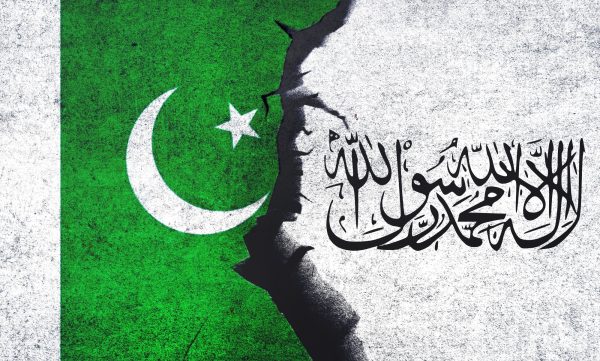The Taliban government on Friday rejected findings from a Pakistani investigation that blamed a recent deadly attack on Chinese workers on militants operating from Afghanistan.
Zabihullah Mujahid, the Taliban’s chief spokesman, told an Afghan television station that Afghanistan was not involved in the March 26 attack in northwestern Pakistan, insisting it was an internal issue for Pakistan to address.
“The report published by Pakistan is an attempt to damage the trust between Afghanistan and China. We have repeatedly denied this report as illogical,” Mujahid told TOLO TV in his audio remarks.
The statement came a day after a Pakistani delegation visited Kabul on Thursday to share the results of Islamabad’s investigation into the killings of five Chinese nationals and their local driver in a suicide car bombing. The victims were working on a China-funded hydropower project in northwestern Pakistan.
On Friday, the Pakistani Foreign Ministry spokesperson, Mumtaz Baloch, said at a weekly news conference in Islamabad that the delegation had requested Afghan authorities’ assistance to apprehend the perpetrators of the attack on Chinese workers, based on the “concrete evidence” Pakistan had shared with them.
“The Afghan side has committed to prevent the use of their soil for any terrorist activity, and they have agreed to examine the findings of the investigation and to work with Pakistan to take the investigation to its logical conclusion,” Baloch said.
Pakistani officials assert that the Tehrik-i-Taliban Pakistan (TTP), also known as the Pakistani Taliban, orchestrated the attack from sanctuaries in Afghanistan. The TTP has conducted numerous deadly attacks in Pakistan, targeting security forces and civilians.
Officials in Islamabad claim that TTP leaders and fighters relocated to Afghanistan after the Taliban retook control of the country nearly three years ago, subsequently increasing cross-border attacks with “greater operational freedom.”
The Taliban have consistently denied that foreign extremist groups operate in Afghanistan or use its territory to threaten other countries. Critics, however, question these claims.
A U.S. government quarterly report to Congress this month noted that the ruling Taliban continued to allow senior al-Qaida leaders, the TTP, and other insurgent groups to operate in Afghanistan.
Russian Defense Minister Andrey Belousov said on Friday that the situation in Afghanistan “remains the main source of instability” in the region. “Numerous radical groups have gained a foothold there, stepping up attempts to promote their ideas in neighboring countries,” he told a regional defense ministers meeting in Kazakhstan, as reported by the Russian state-run Tass news agency. “The risk of gangs and terrorism spilling outside the country is growing,” Belousov said, emphasizing the need for “constant monitoring and prompt measures” to ensure regional stability.

